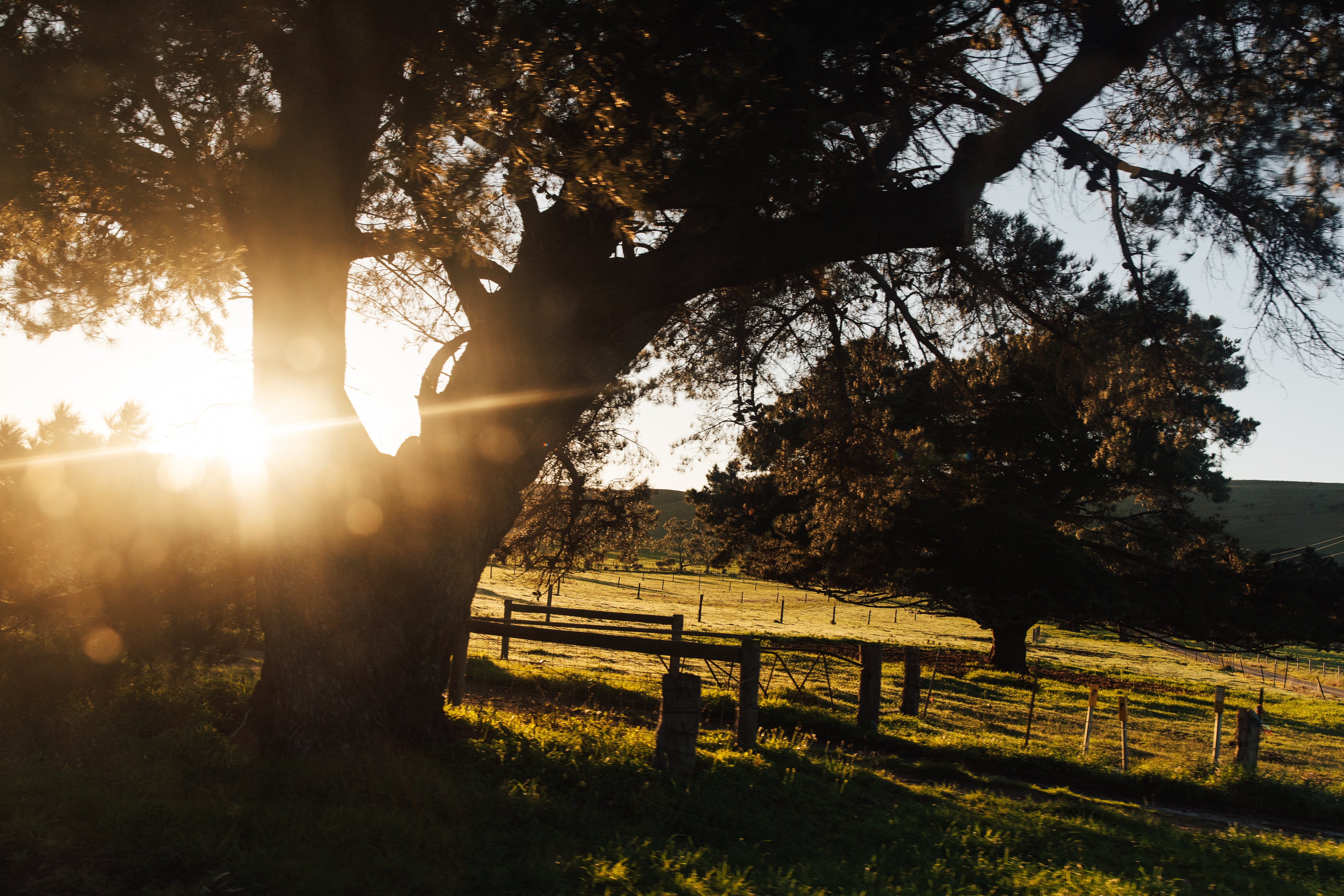
Biosecurity key focus of SA producers
Biosecurity remains a key focus for livestock production across Australia with recent changes to the Livestock Production Assurance and Johne’s Beef Assurance Score programs.
It’s important for all livestock producers to be aware of biosecurity on their properties and to take preventive measures to reduce the risk of transmission of infectious diseases, invasive pests or weeds.
Good biosecurity practices help to prevent the spread of infectious disease and invasive pests or weeds between farms and across Australia.
Biosecurity was incorporated into the LPA program from October last year. Every LPA-accredited producer must ensure biosecurity requirements are fulfilled both on farm and during the transport of livestock between properties and feedlots, including to slaughter and live export.
As such, producers are required to develop a Farm Biosecurity Plan and implement effective biosecurity practices in their on-farm management. Where reasonable and practical, this includes keeping records of livestock movements, as well as vehicle and visitor movements. A checklist of LPA biosecurity requirements includes:
- Each producer has a documented biosecurity plan
- All livestock movements onto the property have a known health status
- All introduced livestock are inspected for signs of ill health or disease on arrival at the property and kept in isolation for a period of time
- Livestock are inspected regularly for ill health and disease and appropriate action undertaken where necessary
- The risk of livestock straying onto or from the property is minimised
- There are systems in place to notify a veterinary practitioner, or animal health officer, if unusual disease, illness or mortality is observed
- Where reasonable and practical, the movement of people, vehicles and equipment entering the property are controlled and, where possible, movements recorded
- Any other procedures or practices that contribute to minimising the risk or spread of disease
In SA, the One Biosecurity program is set to roll out shortly. One Biosecurity is a new, voluntary, farm biosecurity management program run by PIRSA Biosecurity SA. It aims to help livestock producers to better manage, protect and promote SA’s strong biosecurity focus.
It aims to recognise and support the roles of individual producers and their on-farm biosecurity management. The program has been developed in consultation with Livestock SA and is set to roll out from mid-2018 for sheep, beef cattle and dairy cattle industries.
Producers who register with the program will be able to easily register, manage, check and declare their farm biosecurity status online. Registered producers will be able to quickly log-on, generate and download a government and industry endorsed biosecurity plan for their property, which can not only be used for One Biosecurity but any other programs which require a farm biosecurity plan, such as LPA and J-BAS.
Registered producers will also be able to access the latest disease information, best practice advice and declare their status for a range of endemic diseases, specific to their industry.
To register producers will need to have a current Property Identification Code (PIC), then complete the program’s two core components:
- Biosecurity Practices Questionnaire
- Endemic Disease Risk Rating modules
Biosecurity and disease status will be verified through online and on-farm checks by Biosecurity SA field officers.
Agents, buyers and abattoirs can also register and use the One Biosecurity online tool.
One Biosecurity is a great step forward for our industry and will help to provide credible assurances to existing domestic and international markets and help SA producers meet potential new market access requirements. It will also help improve disease surveillance and analysis capability.
As part of the changes, and thanks to funding from PIRSA Biosecurity SA, Livestock SA now have free biosecurity signs available for members. The signs are free to pick-up, but postage will be charged for any that have to be mailed out.
– JOE KEYNES, President, Livestock SA
